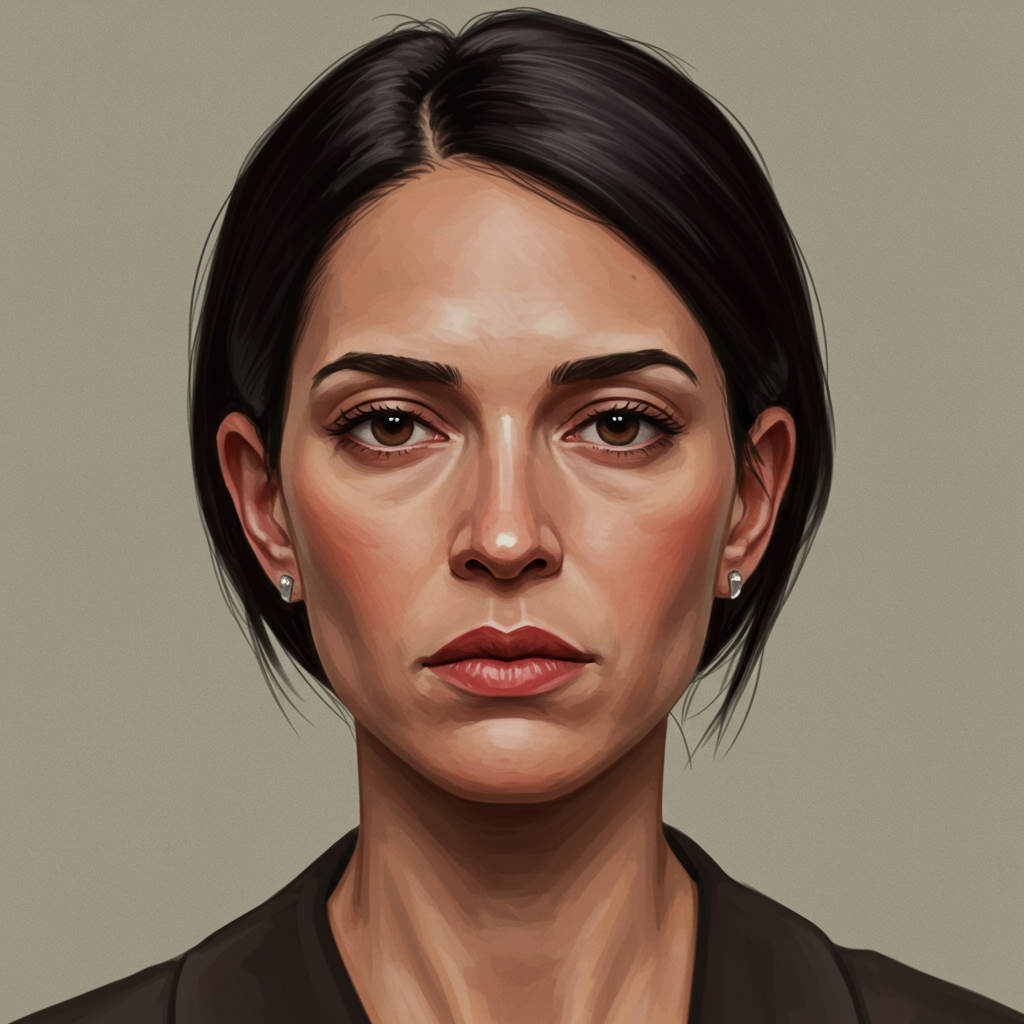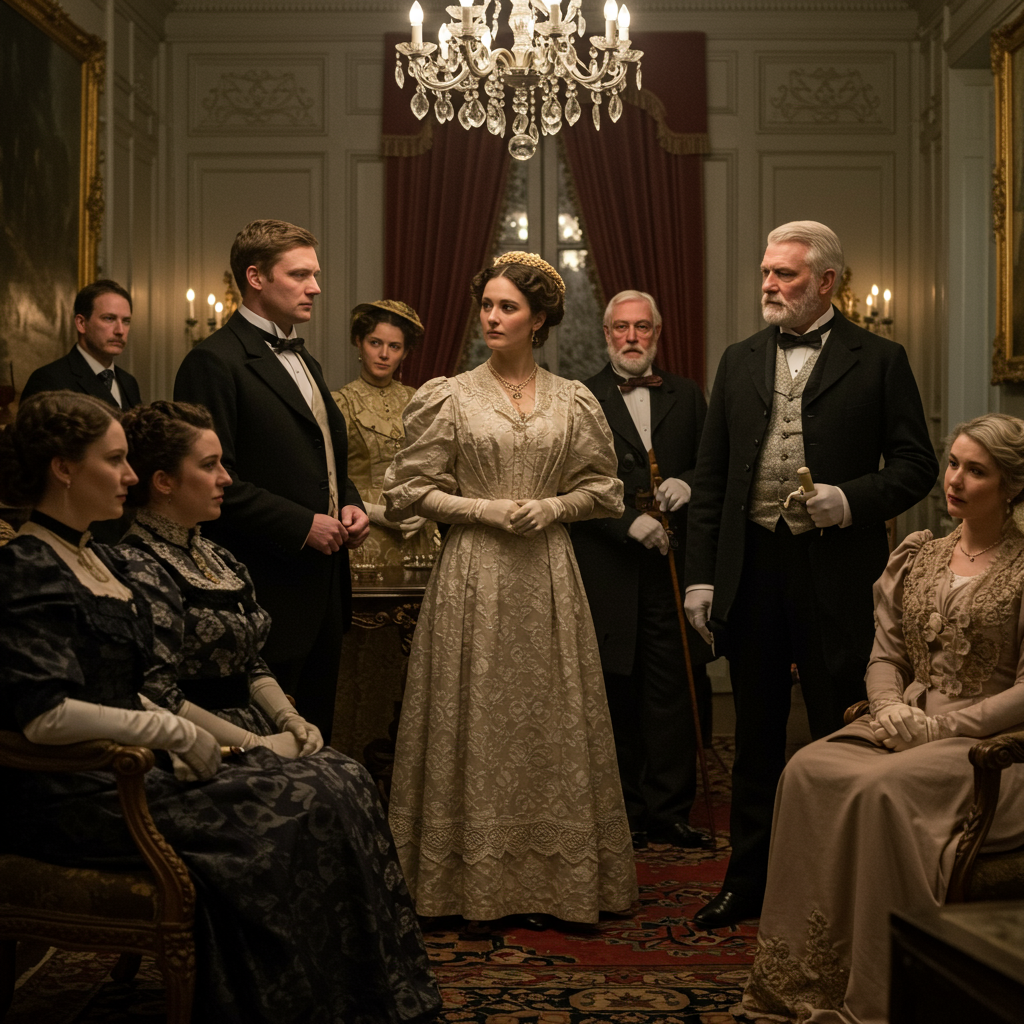For Kaja Sokola, a key accuser in the recent Harvey Weinstein retrial in New York, the emotional toll wasn’t primarily from the intense five days she spent on the witness stand, nor the jury’s decision to acquit Weinstein on the sexual assault charge related to her. Instead, the most “devastating part” of the ordeal was the perceived betrayal by her own sister.
Sokola, a former Polish model who now works as a psychotherapist, testified about two alleged instances of sexual assault by Weinstein: one dating back to 2002 when she was 16, and another at a Tribeca hotel in 2006. While the jury ultimately found Weinstein not guilty on the count involving her specific allegations on June 11, Sokola revealed the profound personal pain stemming from within her family.
“The devastating part was not the trial itself — it was the betrayal of my sister,” Sokola told Variety, expressing bewilderment at her sister’s actions.
The Journal Controversy and a Sister’s Testimony
The focal point of this alleged betrayal centered around a private journal belonging to Kaja Sokola. On her fourth day of testimony, the defense confronted her with this journal, which she described as a “workbook for addiction treatment.” The journal contained documentation of alleged sexual assaults by other individuals, but notably, it did not include a detailed account regarding Harvey Weinstein. An entry mentioning “Harvey W” only stated he was “promising help” but “nothing came of it.”
The journal was provided to the defense by Kaja Sokola’s older sister, Ewa Sokola. On the stand, Kaja pleaded, “Please don’t read that. This is my personal things.”
The defense utilized the journal to suggest Kaja Sokola had fabricated her allegations against Weinstein. Kaja countered that she had written about Weinstein’s abuse in other diaries, which were not presented to the jury. She felt her sister deliberately brought this specific journal from Poland, calling the defense’s tactic “very unjust and very hurtful” and characteristic of a “dirty game.”
Weinstein’s attorney, Michael Cibella, who cross-examined Kaja Sokola, later told Variety he was “not aware of any other journals that have any allegations of abuse against Weinstein,” reiterating that the presented journal listed abuse against four others but only mentioned Weinstein in the context of unfulfilled promises.
Compounding the complexity, Ewa Sokola, a cardiologist, testified for the prosecution. She corroborated meeting her sister and Weinstein for lunch at a Manhattan hotel in 2006. Ewa recounted that Kaja and Weinstein took an elevator upstairs together, leaving her alone at the table for an estimated 30 minutes to an hour. Kaja returned alone and left the hotel immediately with Ewa. Although they left as if it were a “regular day,” Ewa recalled her sister appearing under “extreme tension” after her time alone with Weinstein.
During cross-examination by the defense, Ewa Sokola stated that prior to 2017, her sister had never said anything negative about Weinstein and had even been “proud of knowing him.” Defense attorney Arthur Aidala highlighted this testimony in closing arguments, asserting that Ewa had effectively become a defense witness supporting their theory that “everything was fine” with her sister.
Strained Family Ties and Lingering Questions
Kaja Sokola described her relationship with her sister as having been strained over the years, citing past “harmful things” done by Ewa, often “correlated with money.”
She speculated that her sister might have connected with the defense through an attorney friend of Ewa’s, known for approximately 20 years, who Kaja believed worked for Aidala’s firm. Kaja claimed this friend had visited her New York apartment in 2006 and “knew that I had known Harvey for a long time, and that I was scared of him for a very long time.” Cibella denied the attorney worked for Aidala’s firm but confirmed familiarity with the attorney and Ewa’s long-standing friendship.
Trial Context and the Acquittal
Kaja Sokola did not testify in Weinstein’s initial 2020 trial. Her allegations, initially anonymous, led to a new sexual assault charge added to the retrial proceedings after Weinstein’s prior conviction was overturned. Her identity was made public during opening statements in April. Upon seeing Weinstein in court, she described him as looking “miserable” and like a “sick, old man,” feeling a degree of pity but believing he was “paying the price for it.”
The defense strongly disputed the 2002 allegation, arguing there was no evidence like photos or writings to support Kaja meeting Weinstein when she was 16. Cibella adamantly denied Weinstein knew her in 2002 and claimed the jury’s acquittal on that charge indicated they did not believe her regarding the 2002 timeline and found her “not credible.”
Kaja Sokola’s attorney, Lindsay Goldbrum, countered that hearsay rules prevented a potentially corroborating witness who knew Kaja before 2006 from testifying, illustrating limitations of the criminal justice system. Goldbrum emphasized that a lack of written or photographic evidence from two decades prior does not mean an event didn’t happen, and an acquittal based on the “beyond a reasonable doubt” standard does not mean the jury believed the accuser lied.
While Weinstein was acquitted on the charge related to Kaja Sokola, he was convicted of a criminal sexual act involving former TV production assistant Miriam Haley. A mistrial was declared in the case involving Jessica Mann. Weinstein now faces up to 25 years for the Haley conviction, and prosecutors may retry the Mann case.
Following the partial verdict, defense attorney Aidala publicly criticized Sokola for taking a “victory lap,” claiming the jury delivered a swift verdict indicating they didn’t believe her and suggesting her actions showed how the MeToo movement had become “bastardized.” Goldbrum called Aidala’s comments “interesting” and a distortion of the verdict, arguing he had an incentive to discredit Kaja.
Despite the personal and legal hurdles, Kaja Sokola delivered a message to Weinstein and his legal team: “I want to tell them that we won. We won. Don’t try to split women apart and tear them down individually, because that’s what they were trying to do in the courthouse throughout the trial — and it did not succeed.” For her, navigating the complexities of her family relationship proved to be a more profound challenge than the courtroom battle itself.




